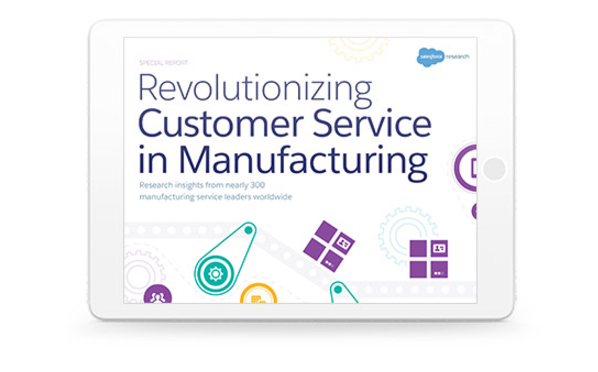If an elevator could talk, what would it say?
Wonder no more: at http://machineconversations.kone.com/ you can listen in as a clutch of elevators communicate their current status to the KONE Cloud.
At first, there’s not much to hear. An elevator in Illinois says it has stopped at the third floor, and now plans to ascend to the sixth floor. “Received,” acknowledges the cloud server, cheerfully.
An elevator on France’s Côte d’Azur is a little more jittery. “Slight vibration on my way up,” it frets. “Measured as minimal. Proceed,” comes the reassuring reply.
Manufacturers are transforming their service businesses
Machine Conversations is, for the moment, something of a novelty. But it heralds a transformation in the world of manufacturing and services: a shift away from making and shipping products, and rigid service contracts, to new ways of developing the service businesses – with the customer at its core.
At the forefront of that transformation is KONE, the Finnish manufacturer of elevators and escalators, and the company behind the Machine Conversations site.
“Customer expectations have changed,” Simon Green, KONE’s director of digital platform, processes and IT, told the audience at Salesforce World Tour 2017 in London last week. “The elevator is no longer the product. Today, people buy the experience. For us, that’s an opportunity.”
KONE is responding to that opportunity by refining and improving its product business and service business – to deliver intelligent, proactive customer service around its people-moving products.
Its journey to customer-centricity started by connecting its escalators and elevators to the Internet of Things. Once “dumb” and standalone, these are now connected devices, continuously broadcasting their status to a cloud server, where the data is analysed by IBM’s artificial intelligence software, Watson.
Watson crunches the data, comparing it with specifications and tolerances, looking for signs of trouble. Is that vibration on the Côte d’Azur normal? In this case, it is. But if it weren’t, Watson would leap into action – automatically opening a case in KONE’s field service management software, and triggering a request for a technician.
Proactive, not reactive, service
That field service management software is Salesforce Service Cloud – and it’s at the heart of KONE’s new approach to customer service.
Here, too, artificial intelligence is the key to the enhanced service experience. Salesforce’s Einstein AI layer analyses the impending technical fault and compares it with previous work orders. It uses that insight to recommend tools, parts and maintenance techniques that have been successfully used on previous jobs.
But that’s not all: Einstein can also pinpoint the best technician for the job, by correlating data like whose van has the right parts on board, who’s closest to the job, and who’s worked on faults like this before.
In time, KONE’s dispatchers may also be able to factor in weather reports, to see whether their chosen engineer might be delayed by adverse conditions. Weather reports are a pre-built component, ready to be integrated into field service processes. If the weather looks bad, a dispatcher can assign another technician to the job, so service levels aren’t impacted by the elements.
Connected, cognitive and predictive: the future of service for manufacturers
Thanks to Service Cloud, Einstein and IBM’s Watson, KONE can predict a fault before it happens, send along a service engineer, with the right tools, parts and knowledge, to fix the elevator before the customer even notices anything’s wrong.
That’s the difference between reactive, disconnected service and what KONE calls “connected, cognitive and predictive” service. And once a customer has experienced the latter, they won’t want to go back to working with manufacturers who can’t provide it.
“Pretty good will no longer be good enough,” says Simon Green. “If you’re a manufacturer today, you’ve got to start putting the customer at the centre of whatever you do. Happy customers are going to be the best driver for growth.”
Salesforce as a foundation for manufacturing innovation
KONE’s predictive service offering is currently in pilot, but the company expects to roll it out worldwide in 2018. That’s no mean undertaking, given that KONE has over one million products in service, moving 1 billion people daily, and currently makes 70,000 maintenance visits every day.
By shifting to a customer-centric service model, KONE will get a head start on the 74% of manufacturers who say data-driven services will be their primary revenue source within 10 years. But the company isn’t planning to rest on its laurels: it sees its Salesforce Service Cloud platform and AI capabilities as a foundation for innovation that will create even more opportunities in future.
“We can do lots of interesting things with Salesforce,” says Simon Green. “We’re already working with customers in the construction and retail industries to co-create new services, using APIs to deliver them. We’re looking forward to sharing our first partner solutions soon.”
To help you blaze your own path, we surveyed nearly 300 manufacturing customer service professionals to understand the trends shaping the future of the industry. Disscover the habits of top manufacturing customer service teams, download the full report.








